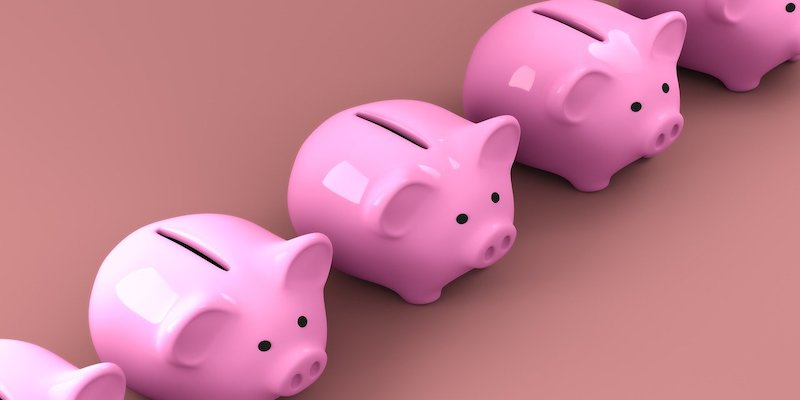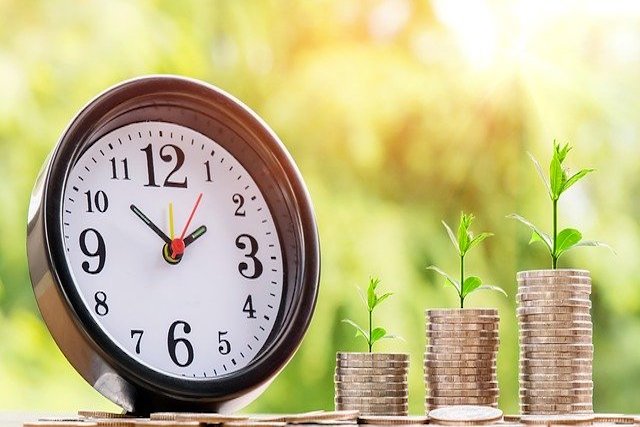The COVID bounce back loan scheme offered UK businesses an extremely important lifeline during a period of unprecedented disruption. With the country in lockdown for large periods of 2020, many companies were feeling the pressure and applied for this source of funding to help them get through the difficult times.
Now that the scheme has come to an end, several companies have contacted us for assistance. While some have been unsure if they have inadvertently broken the rules, others are starting to think about repaying what they have borrowed.
To help, we have put together a set of frequently asked questions about the COVID bounce back loan scheme.
What is a COVID Bounce Back Loan?
The bounce back loan scheme was launched in May 2020 to help small and medium-sized businesses that had been negatively impacted by Coronavirus. It enabled companies to borrow up to 25% of their turnover, between the amounts of £2,000 and £50,000.
Most UK businesses were able to apply, provided they met several eligibility criteria. These included:
- They were established before 1st March 2020
- The company was actively trading in the UK at the date of application and had been adversely affected by COVID-19
- At the time of application, it was not in bankruptcy or liquidation
- More than 50% of the firm’s income was derived from trading activity
- The company had not yet applied for or obtained a loan from either the Coronavirus Business Interruption Loan Scheme, the Coronavirus Large Business Interruption Loan Scheme, or the Covid Corporate Financing Facility, unless that loan will be refinanced in full by the Bounce Back Loan Scheme facility
The scheme closed on 31st March 2021.
Now that we have covered the basics of the COVID bounce back loan, it is time to answer some of the frequently asked questions we have received from clients.
How Should the COVID Bounce Back Loan have been Used?
Precisely what the COVID bounce back loan could be used for was not fully-defined, meaning there have been some slight grey areas around what business owners could and could not do. That being said, it was stipulated that the funding should only be used for the economic benefit of the company and not for the directors’ personal use.
For example, the loan could be used to pay wages or settle bills, or even buy new stock or invest in marketing. It may have even been possible to pay off existing business debts such as overdrafts, although prior permission would have been needed from the individual lender.
The COVID bounce back loan should not have been used as cash gifts to loved ones, or for the purchase of personal items such as a new car.
Could I have had a Second Bounce Back Loan?
The short answer is no. You were only legally able to apply for and obtain one COVID bounce back loan, and with only one lender. If a previous application had been turned down, you were permitted to try again with another lender.
Companies that are in the same group (meaning they have a holding company at the top of their structure) were not permitted to apply for more than one loan. However, if an individual owns several unique businesses that do not have a holding company at the top of their structure, they may have been able to apply for a bounce back loan for each of their firms.
If a company had already paid off their COVID bounce back loan, they would not be eligible to apply for or obtain another one under the scheme.
Can I Top Up my Bounce Back Loan?
From 10th November 2020, it was possible for businesses to borrow more money (or top up) from their COVID bounce back loan. This was provided they had initially borrowed less than the maximum amount available to them. The top up could only have been obtained from the same lender as the original loan.

Only one top up was allowed and the minimum amount of the top up was £1,000. Much like the original loan, the top up could only be used for the benefit of the business and not for personal purposes. It is also important to note that the 12-month repayment holiday (which we will discuss in more detail later) ran from the date of the original loan, and not the top up.
Are Business Loans Income?
No, a business loan is generally not considered to be business income, as it is money that you have borrowed and are paying back, as opposed to money that you have earned. The one exception to this is if some or all of the debt has been forgiven by the lender or creditor. In this scenario, the amount that was forgiven would then be considered as income for tax purposes.
The interest you pay on a loan is considered to be a business expense, meaning it is possible to deduct it from your tax bill. This is provided the loan was used for business purposes and not personal use. If the funding was used for both, only the portion that was used for your company is tax deductible.
When Should I Start Payments?
If you took out a COVID bounce back loan, you are 100% liable for paying it back, plus any interest. No interest will be charged and no payments will need to be made in the first 12 months. It is possible for you to request a six-month extension to this payment holiday, however it is only really an option if you are struggling financially. This is because interest will still be charged after 12 months have elapsed.
Once the 12 months have passed, you will be charged interest at a rate of 2.5%. The loan can last for 10 years, giving you a certain degree of flexibility. Of course, the longer you leave the loan open, the more interest you will be required to pay.
Get Expert Help from Inquesta
If you have applied for a COVID bounce back loan and are in need of specialist advice, you can rely on Inquesta to help. We have amassed decades of experience in helping businesses from all areas of industry sort out their finances.
We are also able to assist if you believe you have inadvertently broken the rules, and can conduct a thorough review of your situation before recommending what we believe to be the best course of action. The Inquesta team is committed to obtaining the best results for our clients, so you can be confident you are working with somebody that has your best interests at heart.
For more information about how Inquesta can help you, contact a member of our team today or book a consultation.

